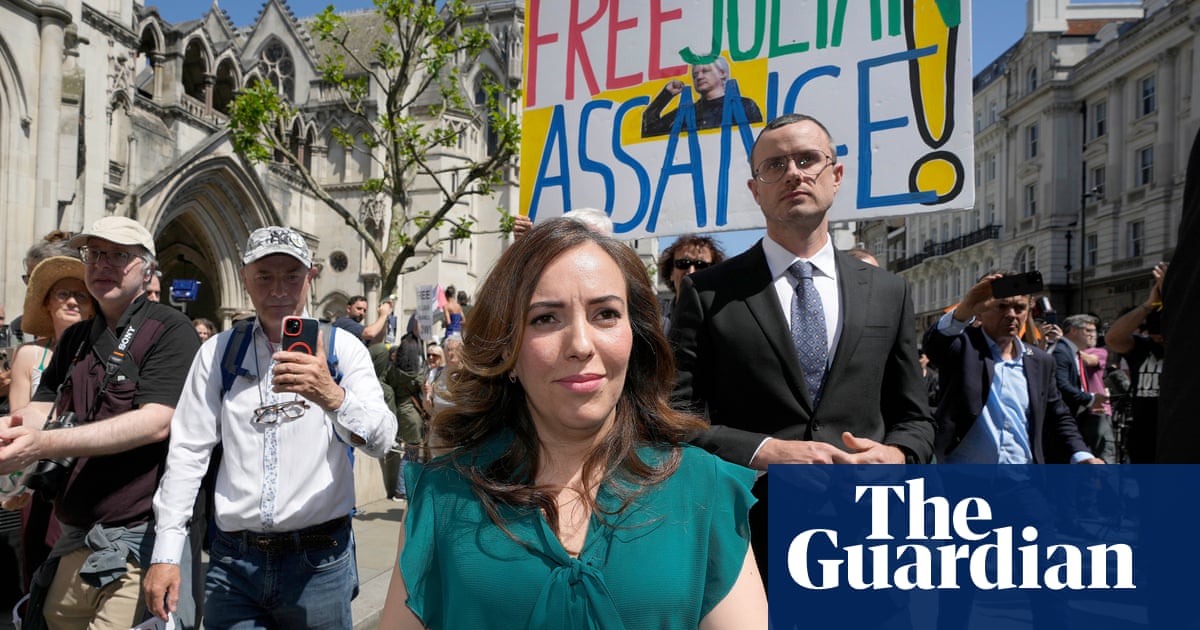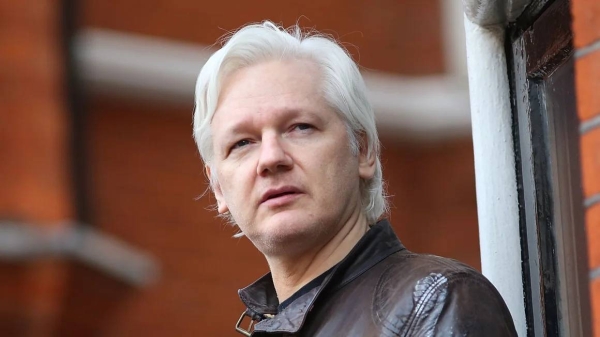
ulian Assange’s extradition to the US to face charges of espionage and hacking cannot take place. This ruling by judge Vanessa Baraitser is a victory, albeit one not won on the principled grounds that should form the basis of opposing his extradition. The legal basis of the ruling is that “extradition would be oppressive by reason of mental harm”. The WikiLeaks founder has a “recurrent depressive disorder” and he was likely to be imprisoned in a supermax prison, where procedures would not prevent Assange “from finding a way to commit suicide”.
It is not to critique the soundness of Baraitser’s legal judgment to argue that this was the right decision, but for the wrong reason. That a British court has ruled that the US prison system is too barbaric to guarantee the safety of Assange tells its own story. But this is about something much bigger than Assange: it’s about journalism, the free press, and most importantly of all, the ability to expose atrocities committed by the world’s last remaining superpower.
Assange isn’t free yet: the US can appeal against a ruling by our lowest tier court – he should now be released on bail rather than remain incarcerated in Belmarsh given his proven mental state – but legal experts believe that Baraister’s ruling would prove hard to overturn. What remains worrying, then, is that no precedent has been set to protect other whistleblowers – unless there are similar mental health grounds – and therefore the principled case must be spelled out all the louder.
More than a decade ago, Chelsea Manning courageously downloaded classified documents from US military servers, uncovering – most notoriously – a 2007 video of US aircrew laughing after they killed 12 innocent people, including two Iraqi Reuters employees. The aircrew had dishonestly claimed to have encountered a firefight: without Manning’s video, history would have continued to record it as such. Other files showed how hundreds of civilians in Afghanistan – people whose lives are not judged worthy of being covered by most media outlets – had been killed by US-led forces. Yet another cable exposed scandals and corruption in the western-backed regime of Tunisia, helping to drive a protest movement which toppled its autocrat ruler, Zine al-Abidine Ben Ali. Manning had first approached US newspapers with the information but with no luck, so instead went to Assange’s WikiLeaks organisation, which published the material.
It is for this reason that Assange is being pursued by the US: to set an example, pour encourager les autres. The US authorities fear that if Assange does not face the worst horrors of their inhumane prison system, then it will not disincentivise others to similarly expose US atrocities.
Here’s why that matters. The ability of the US to unleash violence against foreign populations depends on its domestic citizenry not being aware of the consequences. Consent for the Vietnam war, for example, began to crumble when US citizens saw footage from the conflict of screaming children with their clothes burned away by napalm, or became aware of the hundreds who were slaughtered by US forces in the My Lai massacre. Since then, the US government has become more adept at managing media coverage, including the embedding of journalists in military units. The use of drone strikes – drastically accelerated by Barack Obama, who used them 10 times more than his predecessor – killed unknown numbers of civilians who remained largely anonymous. Civilian deaths from airstrikes in Afghanistan increased by 330% in four years under Donald Trump, and he not only upped the drone strikes, he revoked a policy to publish the number of civilians killed by drone strikes outside of war zones.
The US war machine depends on being able to airbrush out of existence the brutal human realities. If innocent civilians can be silently killed without consequences, then there is nothing to stop even more suffering the same fate. The US military cannot be allowed to operate with impunity: that’s what this case is really about. And while Assange’s freedom may be saved – though this is not certain – the argument for revealing the truth about wars conducted in the name of the American people must be made more stridently than ever.












